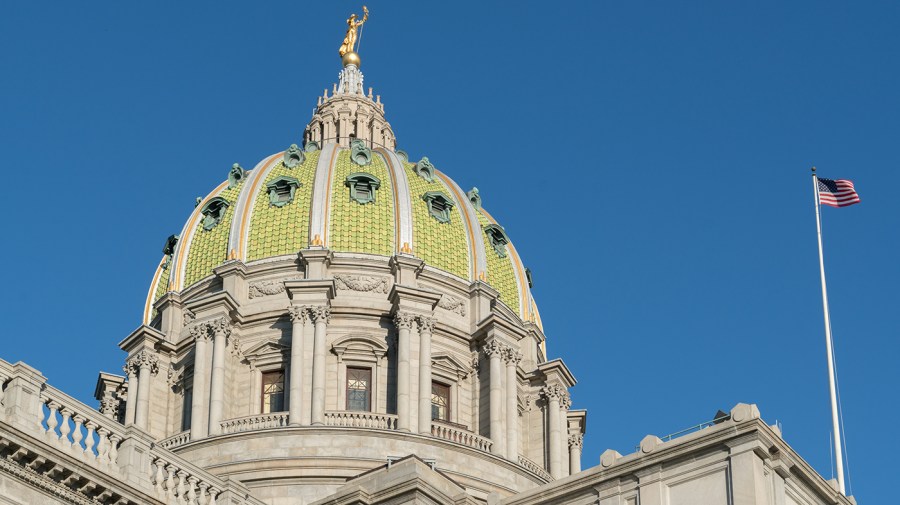(WHTM)– State lawmakers are considering how to regulate data centers as the demand for them surges. Right now, there is no statewide regulatory framework for data centers and, concerns are being raised about the state’s lack of oversight of these facilities.
The Pennsylvania House Energy Committee listened to more than two hours of testimony from speakers representing the data center industry, the Pennsylvania Public Utility Commission, and other organizations.
“There’s a lot of responsibility being placed on local municipal elected officials right now,” says committee chair Rep. Elizabeth Fiedler.
House Bill 1834, also known as the Data Center Act, would allow the PA PUC to regulate commercial data centers.
Under the bill, there would be requirements for renewable energy and for contributions to the Low-Income Home Energy Assistance Program based on megawatts. The commission would also review data center contracts for their potential impact on the PJM Interconnection’s grid system.
“PJM put out a four-hour report, and it identifies it, a 30 to 40 gigawatt shortfall would occur in 2030,” says PA Public Utility Commission Chairman Stephen DeFrank.
Thanks for signing up!
Watch for us in your inbox.
Subscribe Now
Concerns were raised during testimony about requirements seeming to be “one size fits all” when data centers vary in size and power consumption.
“I think we have significant concerns as well, provisions like mandatory curtailment,” says Data Center Coalition VP of State Policy Dan Diorio. “Data centers can not simply shut off. They provide essential services and need to run 24/7… centers will likely have to switch to backup generation that concerns customer agreements. You know, many customers are uncomfortable with that.”
Diorio says data center construction has increased 69% year-over-year. He addressed concerns about water usage, stating that when a center uses a lot of water for cooling, it is actually using less electricity. In contrast, an air-based cooling system uses more electricity and less water.
Many speakers and lawmakers agree that Pennsylvania has the energy, water, and workforce resources to potentially become a leader in the data center industry. However, concerns exist about how energy costs could be passed on to residents and local businesses.
“The way to bring rates down is to increase generation,” says PA Building and Construction Trades Council president Rob Bair. “It’s also to incentivize our hyper-scalers and our data centers to bring their own onsite generation and incentivize to overbuild our generation to help alleviate our power problems.”
PA Chamber of Business and Industry director of Government Affairs Amy Brinton says Pennsylvania is highly sought after by data center developers due to vacant fields near substations and fiber optic networks.
“Redeveloping these underutilized properties presents a unique opportunity to generate long-term tax revenue that can support schools, libraries, and other community infrastructure,” Brinton says. “With our abundant energy resources, robust infrastructure, skilled workforce, Pennsylvania is uniquely positioned to become a leader in this technological evolution.
After hours of testimony, Rep. Fiedler says she imagines there will be changes to the bill.
“I’m not sure exactly what, but I do think that that was an important point… so there are hyperscale data centers and then there are other data centers that are much smaller in size,” says Rep. Fiedler (D) – Philadelphia.
After HB1834 is enacted, PUC has 90 days to establish temporary regulations on commercial data centers.
Copyright 2025 Nexstar Media, Inc. All rights reserved. This material may not be published, broadcast, rewritten, or redistributed.
For the latest news, weather, sports, and streaming video, head to ABC27.

